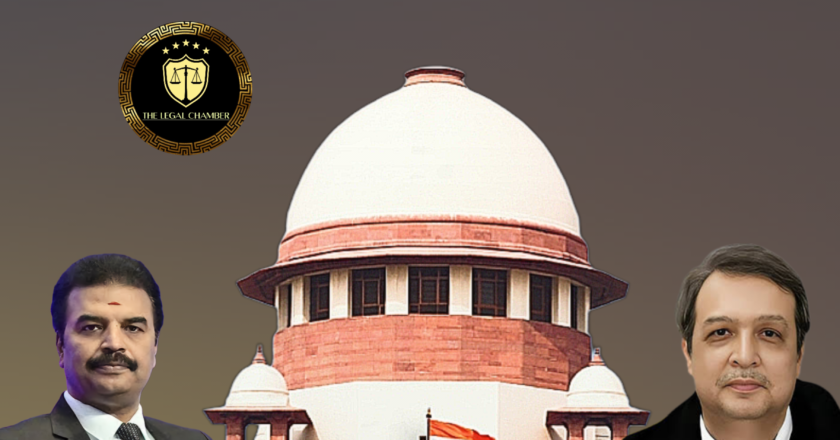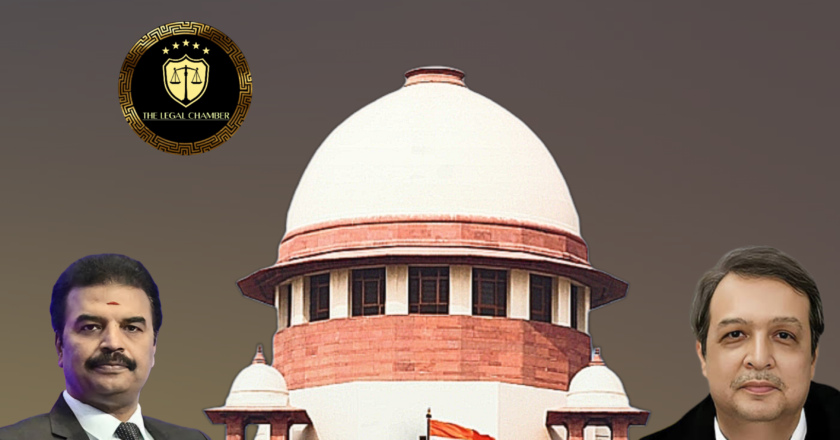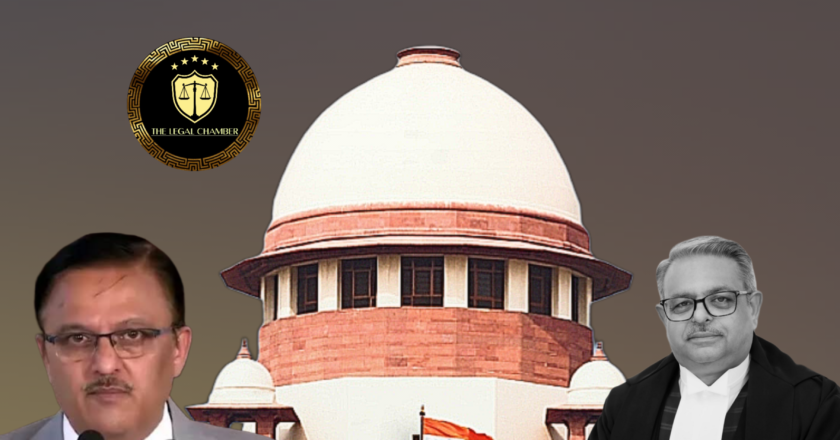Supreme Court Quashes Decree Against Odisha Corp, Clarifies Law on Interest for Pre-1992 Transactions
The Supreme Court held that the suit against the State Financial Corporation was not maintainable due to non-compliance with the mandatory notice under Section 80 CPC. The decree was declared a nullity as it erroneously applied the Interest on Delayed Payments Act, 1993, to a pre-enactment transaction and fastened liability without privity of contract. Execution proceedings were quashed.
Facts Of The Case:
In 1985, Respondent No. 1, M/s. Vigyan Chemical Industries, supplied raw materials to Respondent No. 2, an industrial unit. Due to a loan default, the Appellant, Odisha State Financial Corporation (OSFC), took possession of Respondent No. 2's unit in 1987 under the State Financial Corporations Act, 1951. In 1988, Respondent No. 1 filed a recovery suit for its unpaid dues. OSFC was impl...


